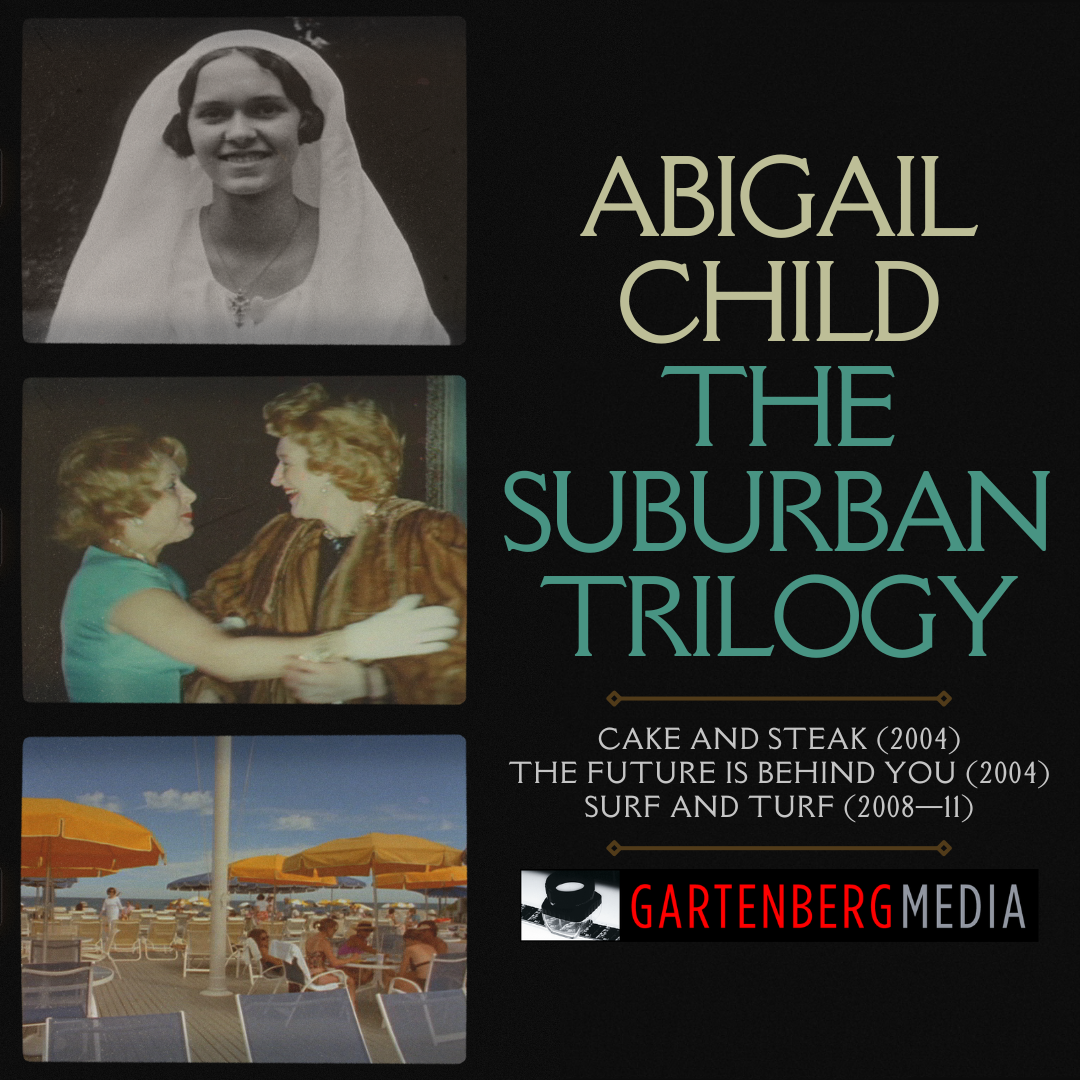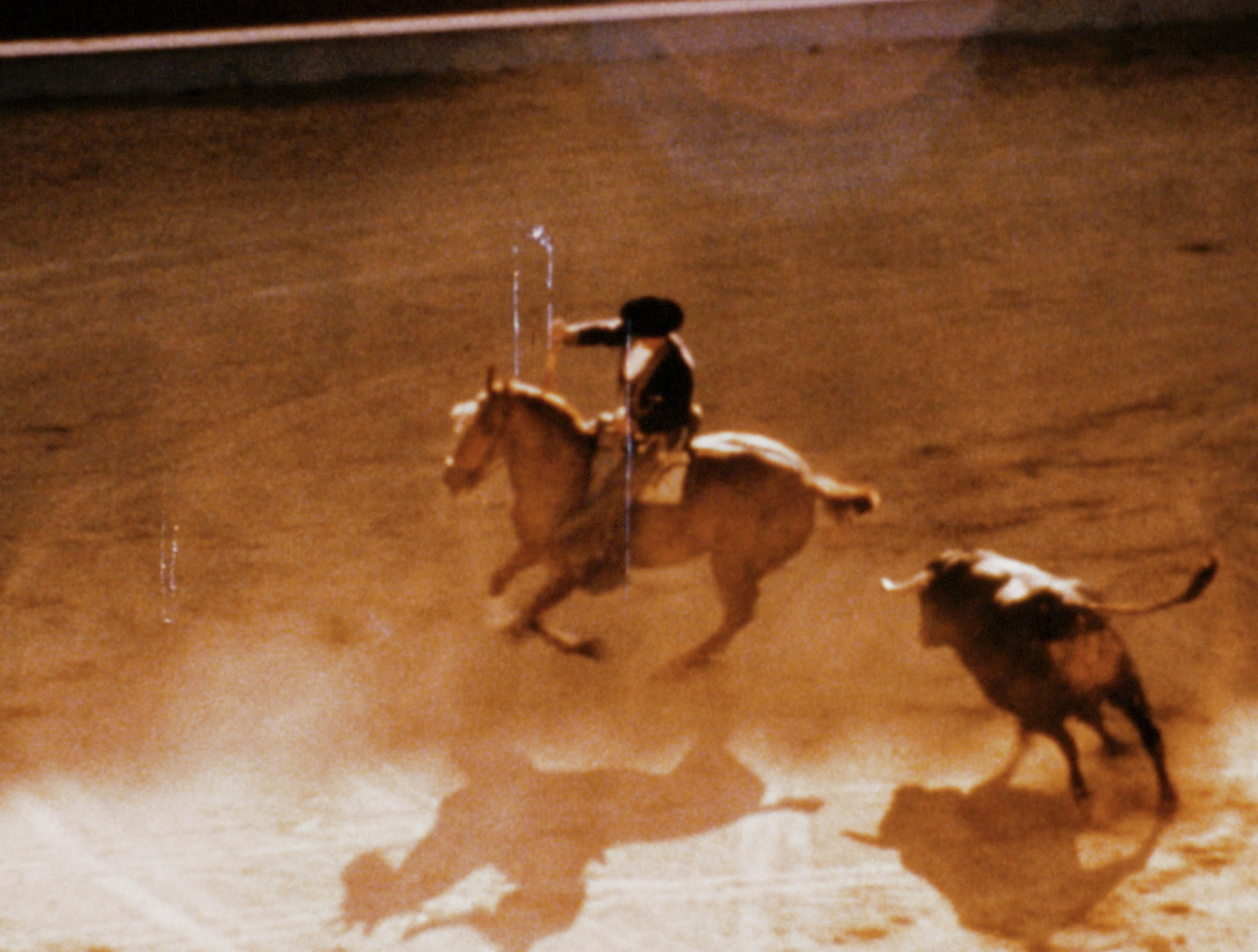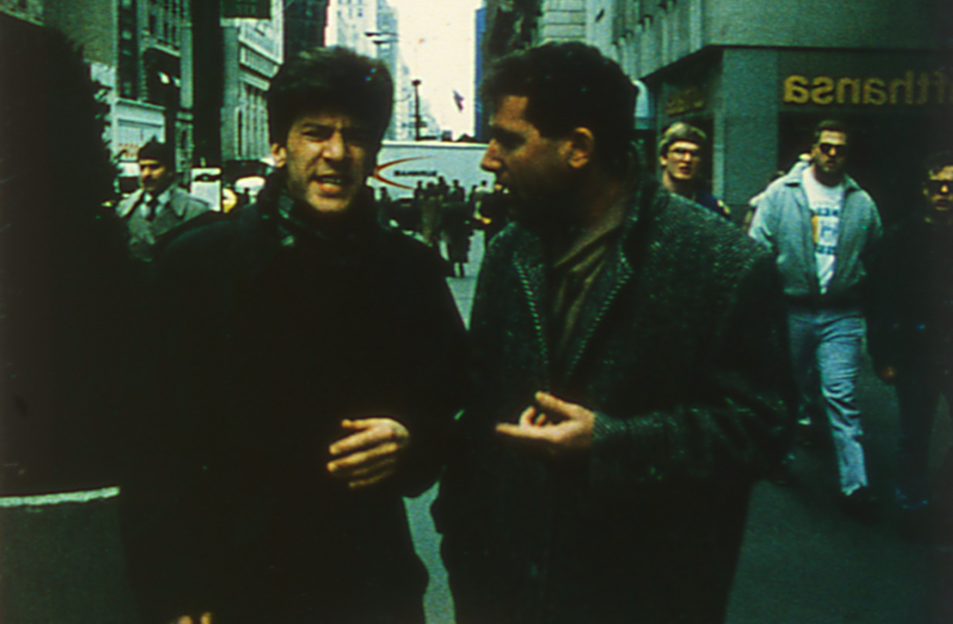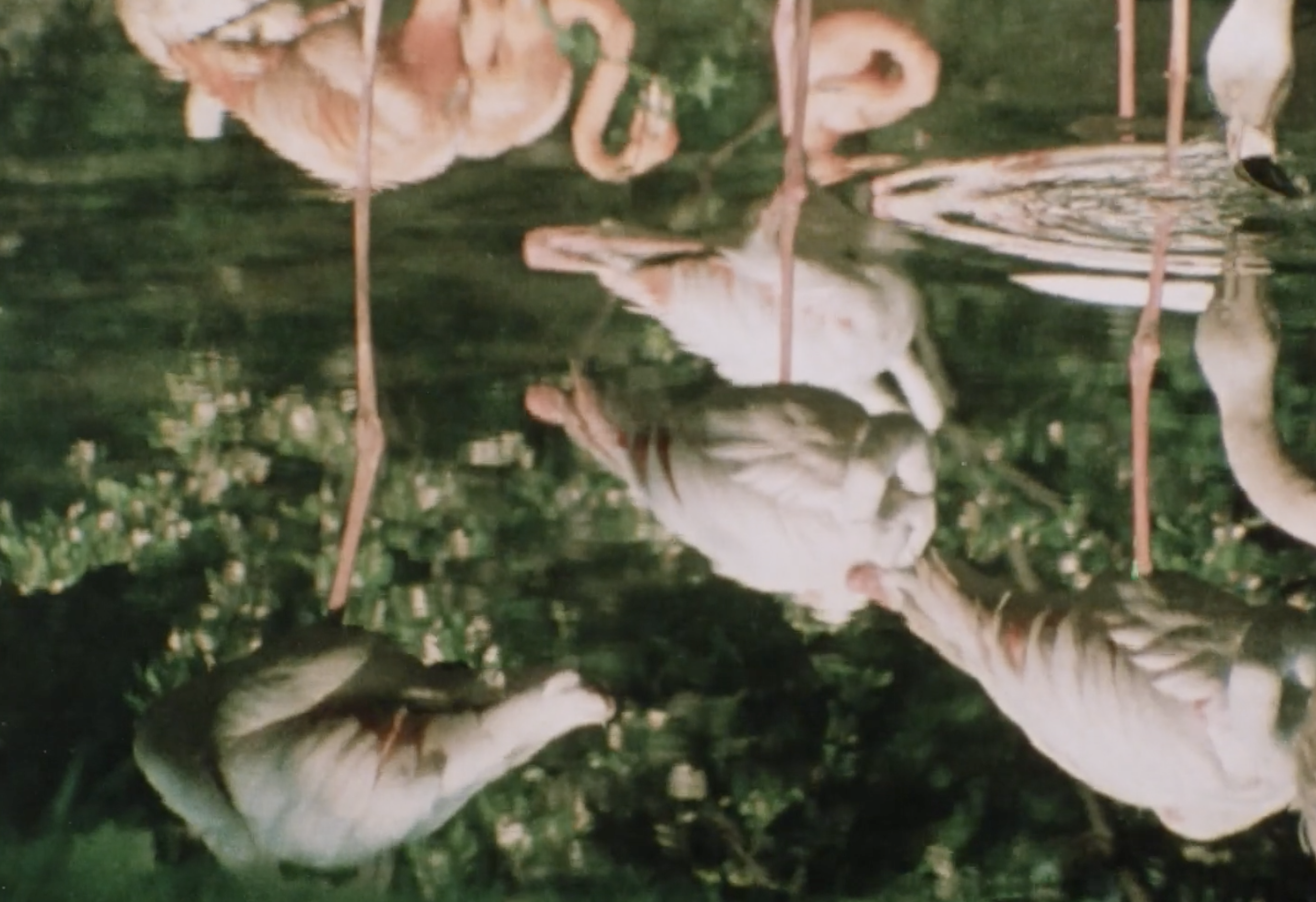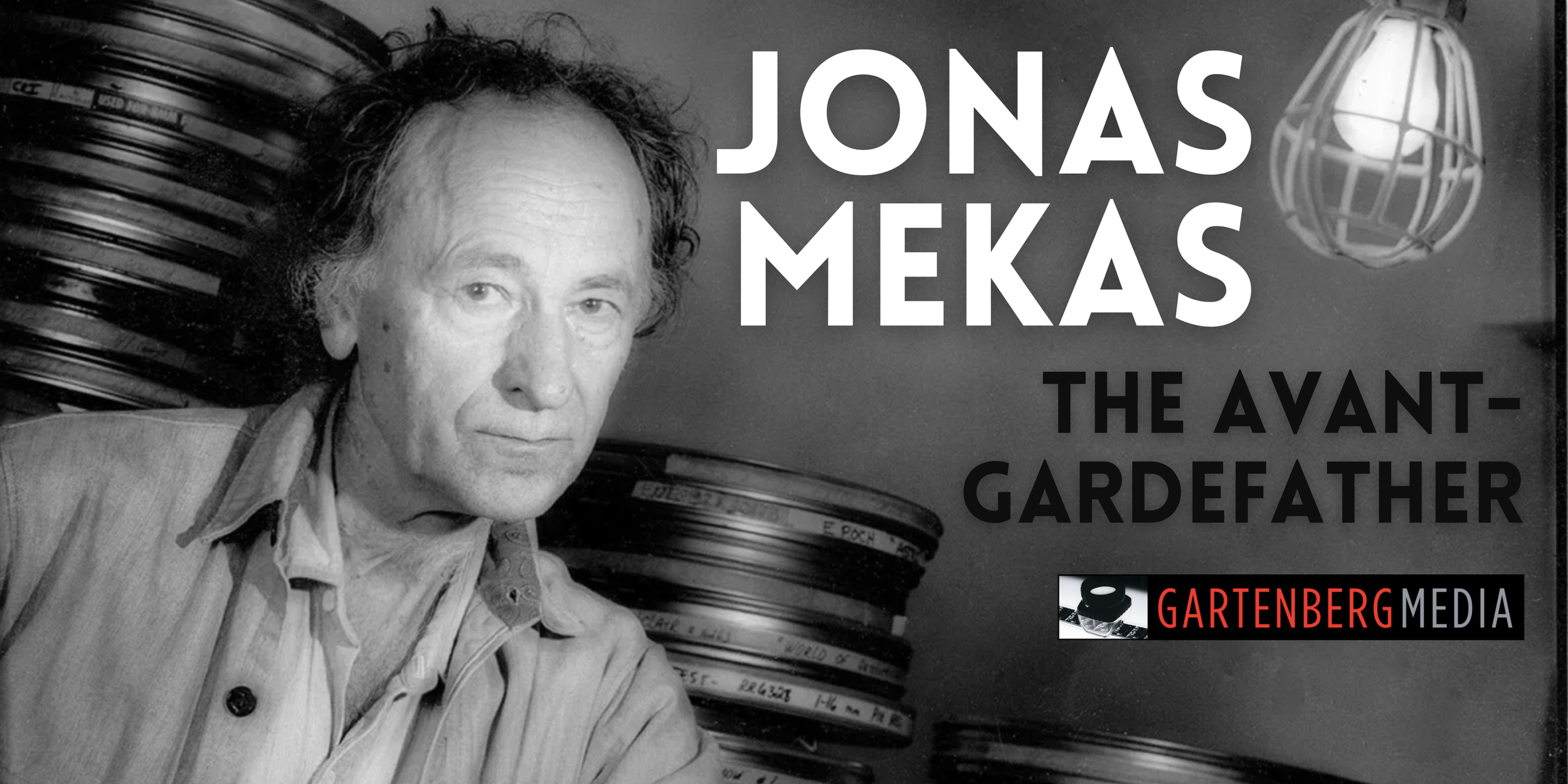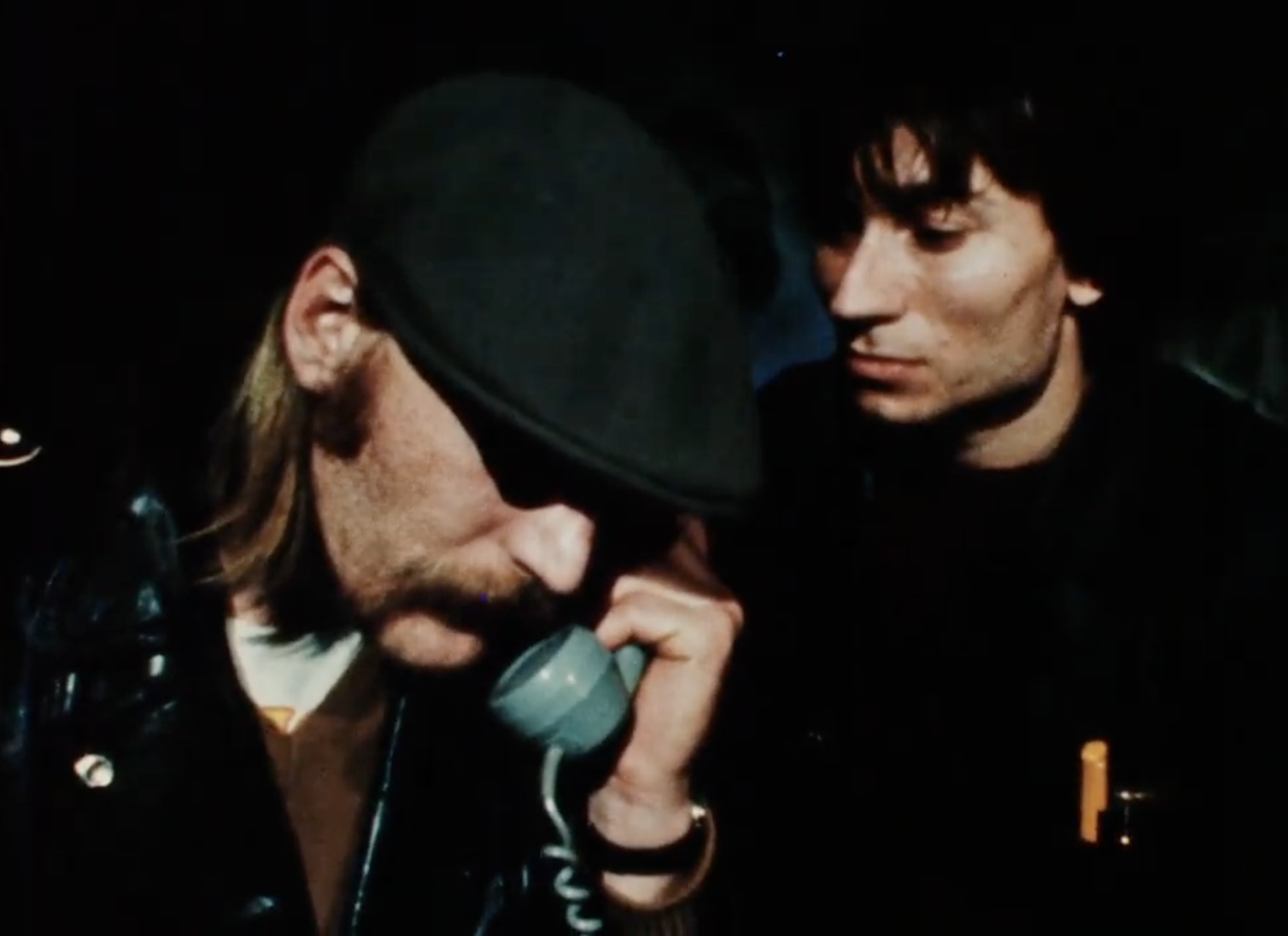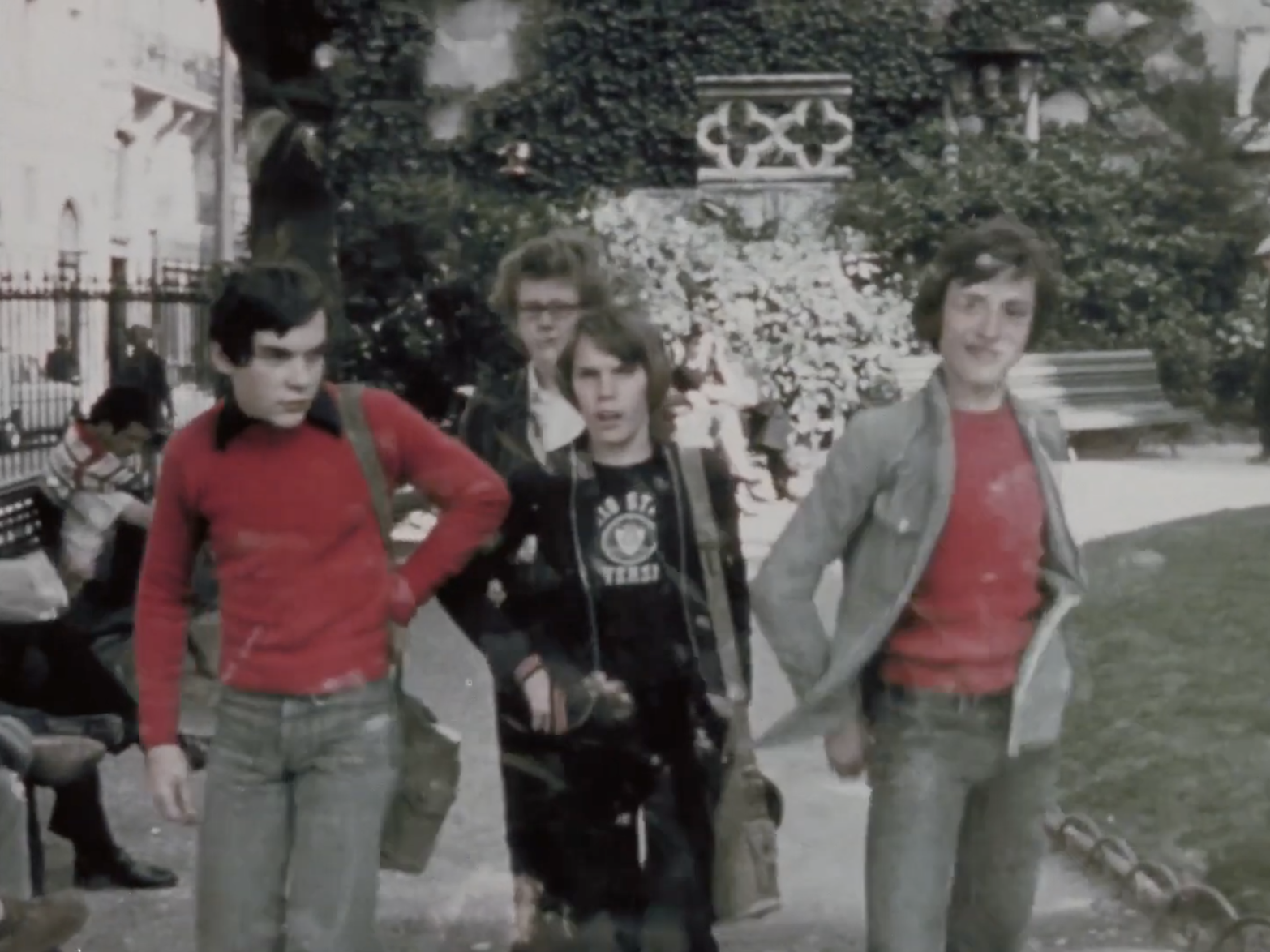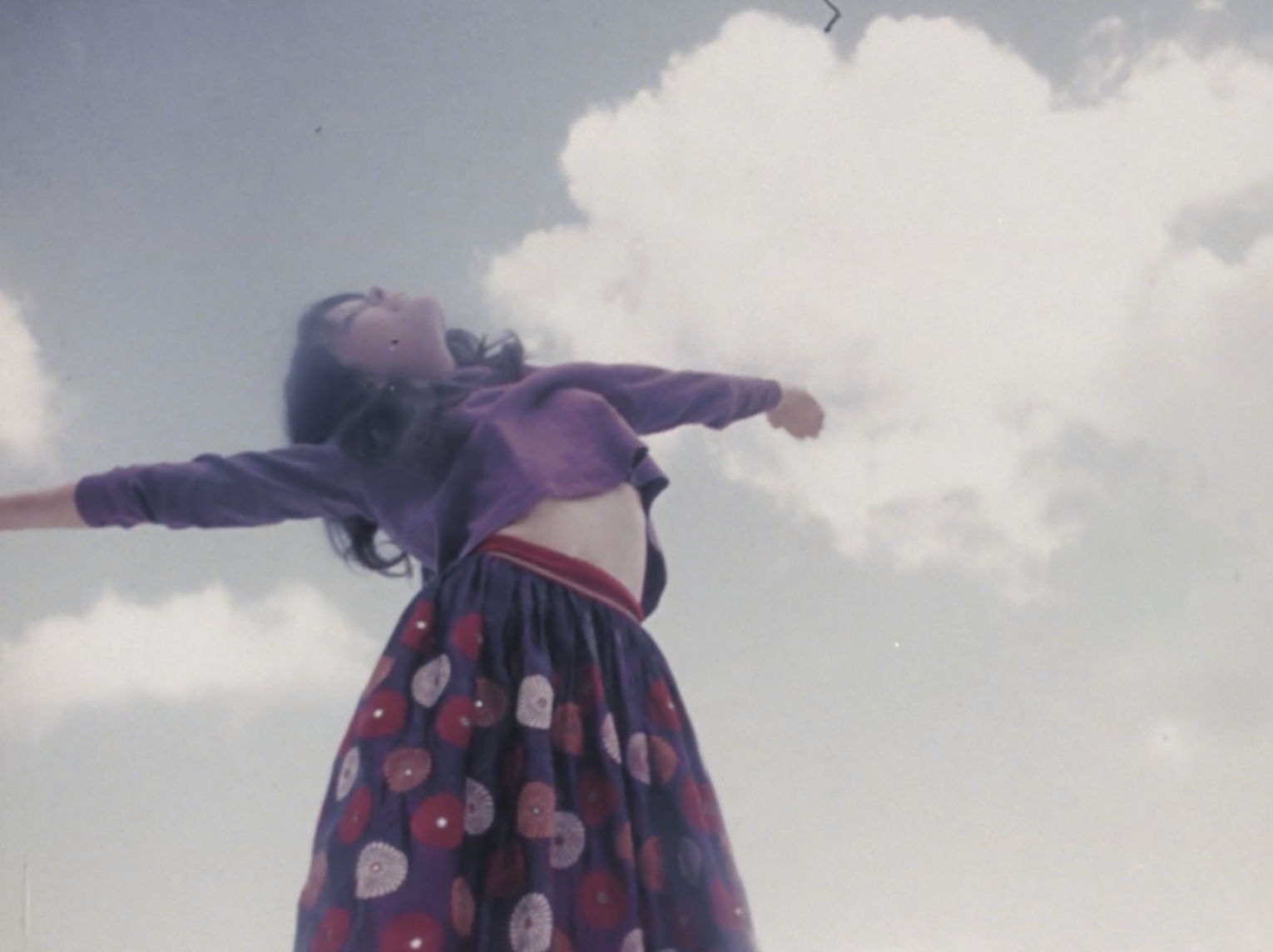THE SUBURBAN TRILOGY (US, 2004—11, Abigail Child)
/In THE SUBURBAN TRILOGY (2011), Abigail Child brings together three separately created films – CAKE AND STEAK (2004), THE FUTURE IS BEHIND YOU (200—5), and SURF AND TURF (2011). These three films provide a multifaceted and incisive commentary on female identity.
Read More


